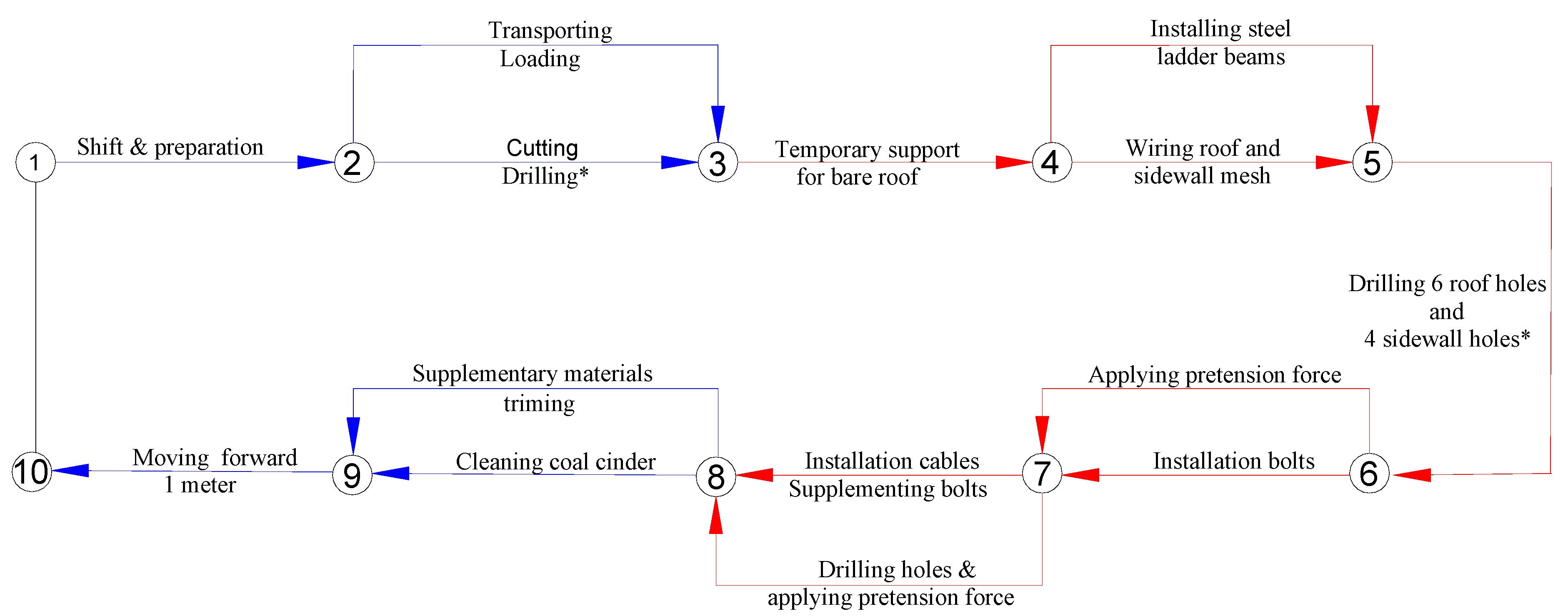Little Known Questions About Trencher.
Wiki Article
The Of Demolition
Table of ContentsNot known Facts About Excavation CompaniesAll about Excavation Contractors Near MeHow Demolition can Save You Time, Stress, and Money.The Single Strategy To Use For Excavation Contractors Near MeThe Best Guide To Trencher


Scrapers or Pans excavate soil in one place, haul as well as discard the soil in an additional place (mini excavator). It is challenging to match the effectiveness of scrapes for cut/fill soil procedure if the haul distance is much less after that a mile. Scrapers are generally drawn by a rubber tire wheel tractor and also are sometimes pushed via the cut area by a bulldozer.
There are lots of times that scrapes are not made use of for site grading as well as a dump vehicle is utilized: the haul may be to long, the haul may go across roads where scrapers are not allowed, acid rock might be encountered, devices availability, etc. Discard trucks remain in usual use and most likely call for little conversation.
"Rock body" beds, on the other hand, have no tailgates and also can discard any type of dimension rock, although their quantity ability is lessened. Compaction Devices raises the thickness of the soil and also in some instances gives a smooth, rolled surface.
What Does Trencher Do?
From an easy test pit to percussion drilling to core drilling the owner has significantly extra costly choices that yield increasingly much better information regarding the website underground. The Proprietor on a 100,000 SF building job might license twenty dull areas with split spoon soil examples taken until rock is reached as well as then core samples of rock.Knowing the kind and top quality of rock (from the core examples) and area of rock (from the dirts boring) is a genuine benefit in jobsite preparation. On the other hand, the Proprietor of a 100,000 SF structure may choose to proceed with no geotechnical screening whatsoever. The decision about geotechnical testing is usually made by a Proprietor without input from the Building and construction Supervisor.
A knowledge of the approximate area of the rock assists the Building and construction Supervisor to prepare the sequence of steps adhering to rock excavation. If rock is in one corner of a huge building job, for example, the planet excavation might begin at the opposite end of the structure in order to start structure job soonest.
Starting the structure work early would be an excellent suggestion if the rock might be eliminated by ripping. If the rock is very hard and also requires significant blasting, it might be sensible to hold structure job up until the blasting is completed. The Construction Supervisor should collaborate these kinds of choices as well as make use of all the technological date offered.
Not known Incorrect Statements About General Contractor
Unclassified excavation specifies that all rock or other unanticipated materials (omitting unsafe materials) run into in the sitework will certainly be the duty of the Professional at no adjustment in contract price. An unidentified excavation is easier from a book-keeping perspective and positions the responsibility for geotechnical conditions onto the Sitework Service provider.It's remarkable what a heavy rainfall can do to a construction job. Prior to the rainfall, the site may be completely dry, hefty equipment effectively relocating planet, the other professions smoothly doing their job.
In a lot of areas of the globe, the Building Manager should remember a basic fact: IT you could try this out WILL CERTAINLY RAINFALL. Excellent preparation can minimize the damage and disturbance of a hefty rainfall to a jobsite. Typically the excavation and also grading is delegated the Sitework Contractor (and also their Foremen is responsible to supervise and also direct the heavy devices and also operators).
The Building and construction Manager have to be constantly mindful of what rainfall will certainly do to the job site. It is not unusual for the Sitework Foreman to function their heavy devices for optimal effectiveness as well as hope it doesn't rainfall. Among the very best ways to prepare for rainfall is to incline all qualities to drain and also to smooth rolled the surface before a rain.
Excavating Contractors - Truths
The Construction Manager must be discerning adequate to insure that heavy rain does not quit working on the read what he said task much longer than needed. Daily conversations with Sitework Foremen might be needed to achieve this objective. At any time excavation is needed listed below the existing water table on a project, the procedure of dewatering need to be taken into consideration.In a truly cohesive dirt, the water takes a trip so gradually via the clay or silt that dewatering is not typically essential for the fairly brief time of excavation. Dewatering might be required for a single ground excavation or for a whole job site. The most typical dewatering techniques are trench drains, deep wells and also well points.

Ground water seepage can also be lowered by cutoff techniques such as sheet stacking. High dewatering expenses have faded the earnings margins on far as well lots of jobs.
This alternative needs to always be considered when analyzing the possibility of dewatering. Certainly the choice is just sensible if gravity can run the water to lower ground. Trench drains pipes can be cut with a backhoe as well as loaded with a Read More Here crude, granular material (# 4 stone for instance), however treatment has to be worked out in choosing the water electrical outlet kind and location.
The Basic Principles Of Excavation Companies
A siphon, necessarily, uses air pressure to lug water from one elevation, up over a barrier, to a lower altitude. The pipelines in a siphon system should be closed as well as some resourcefulness is usually called for to entirely fill the siphon pipeline. The siphon pipeline need to be full for the siphon to begin.A deep well includes a pump, hose pipe and also an upright well casing. The pump intake is at the base of the well casing (usually some crushed stone is positioned down there as a filter tool) (grading contractors). The water is pumped up the tube, out of the well case, and to an appropriate discharge area.
In a rugged sand, as an example, a large area can be pumped to near the pump consumption elevation. A less absorptive soil, on the other hand, minimizes the performance of a deep well. Since the pump is normally at the end of the deep well, there are no elevation constraints because of vacuum lift, as well as deep wells can decrease the groundwater over 50 feet.
Under of the wellpoint there is a 2 foot long screen as well as shutoff, water jets out of this shutoff and also creates a hole into which the wellpoint pipe can be decreased. This opening is typically made a larger size (for instance 10 inches) to permit for a rugged sand backfill to help filter the water (demolition).
Report this wiki page